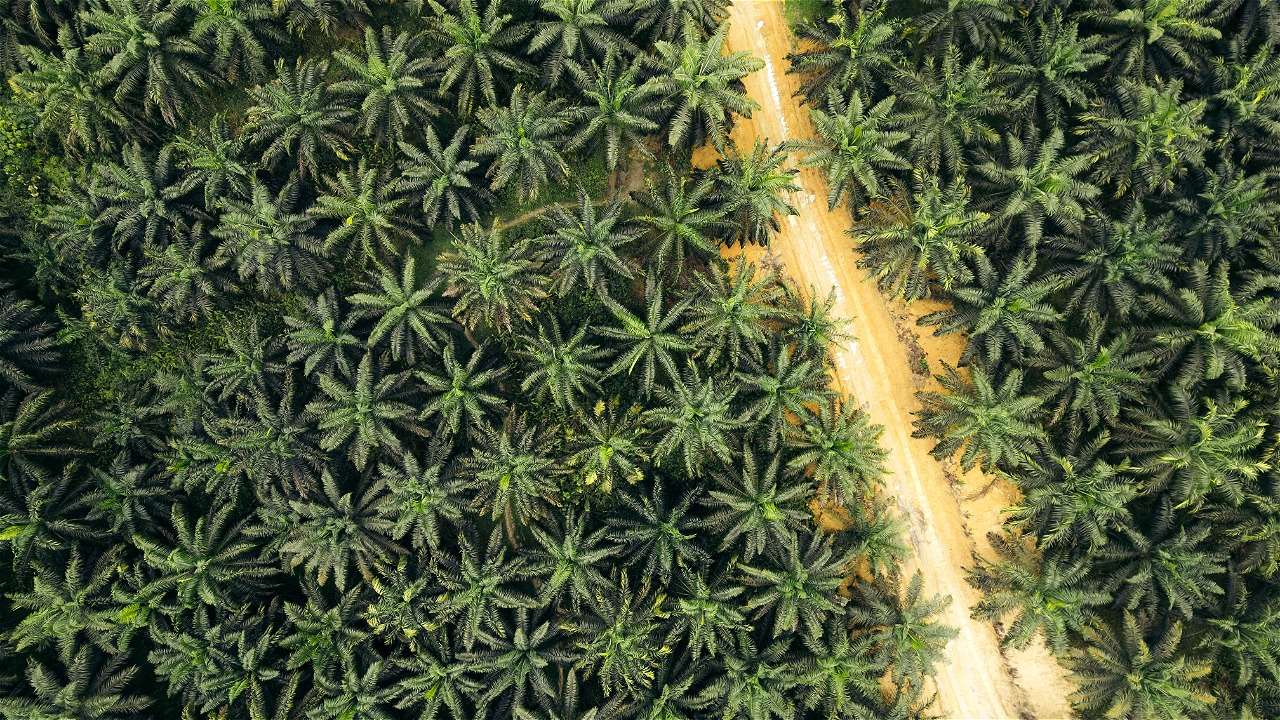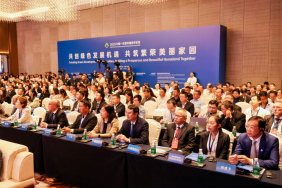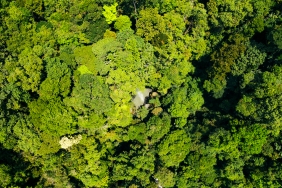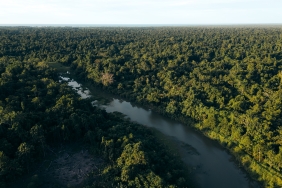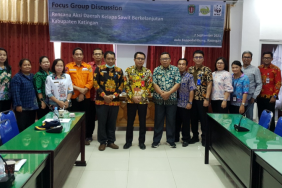ICOPE 2014: INTERNATIONAL CONFERENCE FOR RESPONSIBLE PALM OIL INDUSTRY
By: Annisa Ruzuar
The palm oil industry is one of the backbones of the Indonesian economy, with around 4.5% of Indonesia's GDP in 2012 coming from this commodity. However, it is undeniable that irresponsible oil palm cultivation is a major cause of deforestation and biodiversity loss in Indonesia. With both global and domestic demand on the rise-trends show an increasing demand for palm oil for biofuels in addition to its traditional function as food-requires sustainable agribusiness practices.
The urgent need for sustainable palm oil cultivation practices prompted WWF-Indonesia together with research institute CIRAD and PT SMART Tbk to collaborate in holding the fourth International Conference on Oil Palm and Environment (ICOPE) on February 12-14, 2014. Previously, the conference was held in 2007, 2010 and 2012. The theme of the 2014 ICOPE conference is "Oil Palm Cultivation: A Model for Future Sustainable Agricultural Development", as well as key topics such as land use and deforestation, greenhouse gas effects, smallholders, and palm oil certification standards.
In a press conference held on Wednesday (5/2) in Jakarta, Daud Dharsono, Chairman of the Steering Committee, presented the topics and agenda of ICOPE 2014 to about 20 national media journalists. "This year, as in the previous three conferences, we invite all participants to make the best use of this platform to share knowledge and perspectives, express opinions, discuss and formulate future plans that allow for the development of technologies and the use of best practices for the sustainable development of oil palm," Daud said.
For WWF, this conference is a place to bring together stakeholders in the palm oil sector, including academics and research institutions, companies, governments and non-governmental organizations to find the best solutions. "There is no doubt that the palm oil industry has provided benefits for Indonesia, both for economic and social development. But we cannot ignore the negative impacts of irresponsible management of oil palm plantations," said Nazir Foead, Conservation Director of WWF-Indonesia. Last year WWF released a report "Tracing Illegal Palm Oil in Riau, Sumatra" on indications of illegal palm oil entering the world market and the impact of irresponsibly managed palm oil industry on the forest complex and Tesso Nilo National Park. "We hope that environmentally unfriendly practices such as those that occurred in Riau will not be repeated," continued Nazir.
Furthermore, WWF-Indonesia hopes that the international conference attended by participants from 19 countries can provide answers to palm oil problems in the world. "Through ICOPE, it is hoped that actors and experts in the palm oil sector from various countries can share experiences and best practices so that these positive achievements can be adopted by other actors. With innovation and the application of best practices, it is not impossible that the Indonesian palm oil industry can achieve the production target of 40 million tons of palm oil by 2020 without the need to clear forests for the expansion of production land," Nazir said.
ICOPE 2014 will be held on February 12-14, 2014 in Bali. Information and program can be found at http://icope-series.com/conferences_detail/4

